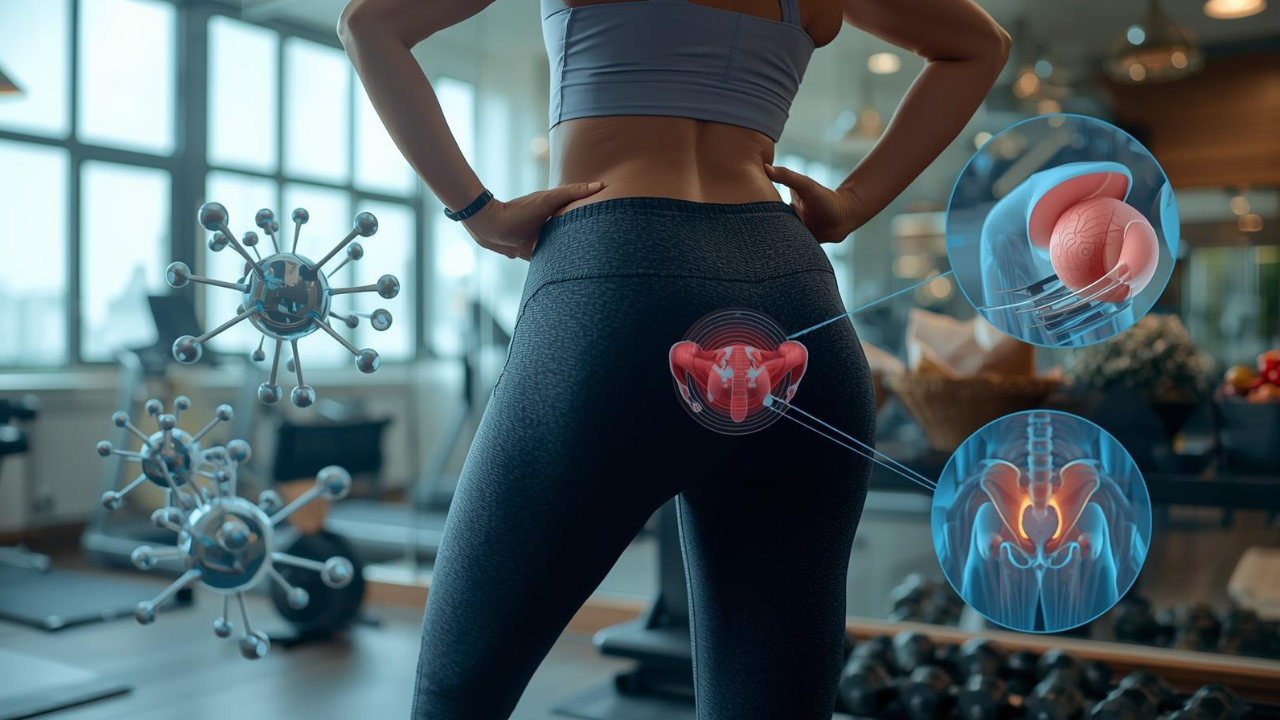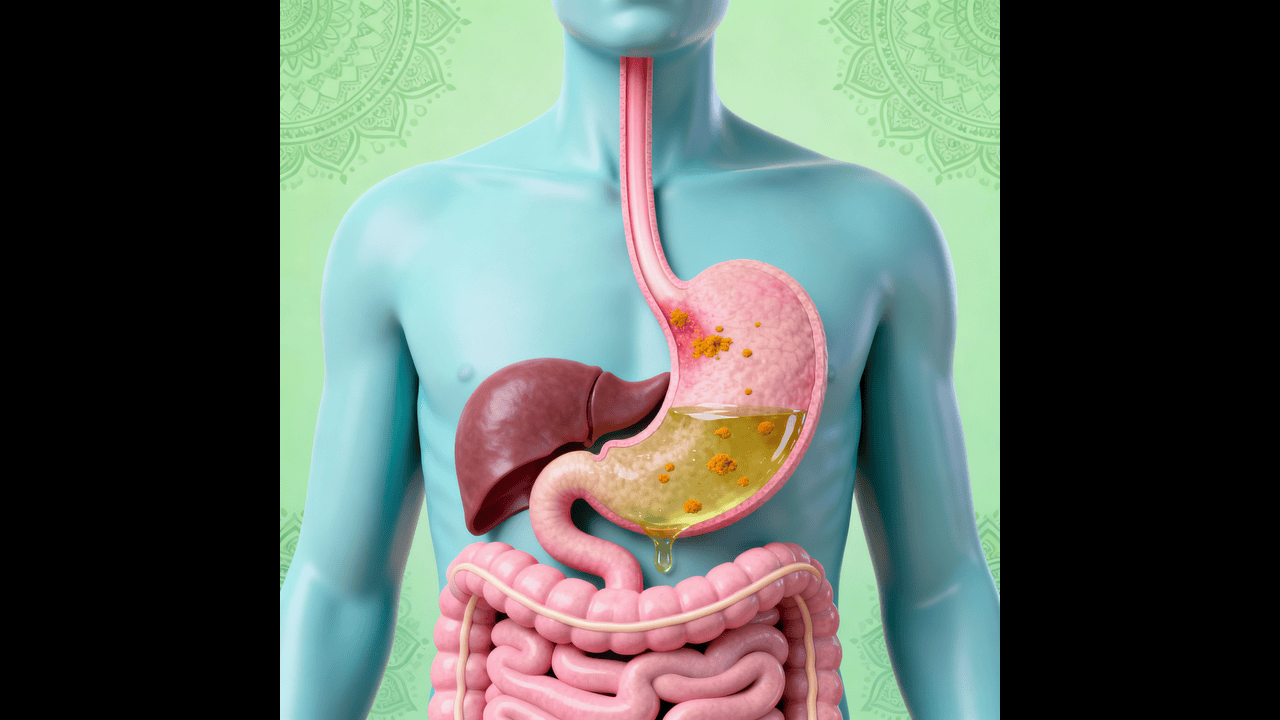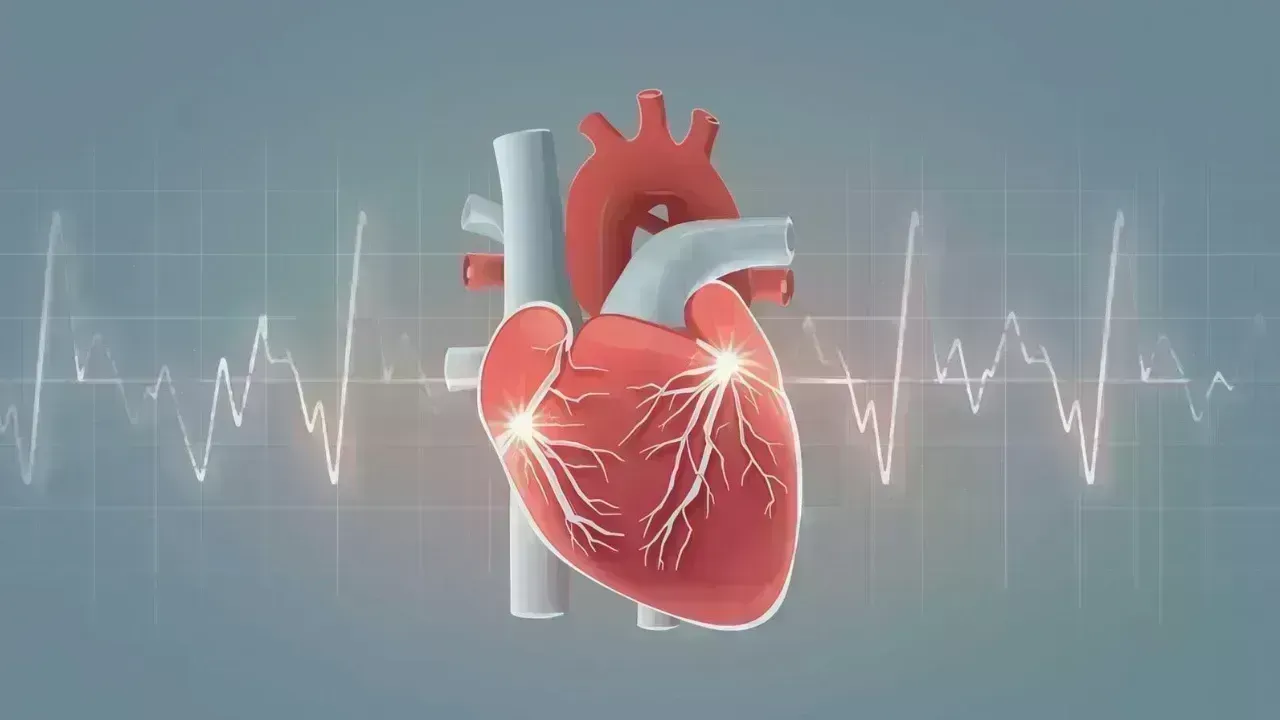
Post by : Monika
Toyota Motor Corporation and Sumitomo Metal Mining have announced important progress in developing cathode materials for all-solid-state batteries, a technology that promises safer and more efficient electric vehicles (EVs). This development is considered a major step toward mass-producing practical solid-state batteries, which could transform the future of EVs worldwide.
All-solid-state batteries are considered the next generation of battery technology. Unlike traditional lithium-ion batteries that use a liquid electrolyte, these batteries use a solid electrolyte. This change makes them safer, longer-lasting, and more efficient, which is essential for vehicles, especially as the world moves toward reducing carbon emissions and promoting sustainable transport.
Toyota and Sumitomo have been collaborating since 2021 to tackle the challenges in this technology, particularly the durability and performance of the cathode materials. The new breakthrough is expected to allow EVs to operate more safely and efficiently while reducing production costs over time.
Understanding All-Solid-State Batteries
All-solid-state batteries (ASSBs) differ from conventional lithium-ion batteries primarily because of the solid electrolyte. In lithium-ion batteries, a liquid electrolyte facilitates the flow of ions between the cathode and anode. While effective, liquid electrolytes can be flammable, which increases the risk of fires in accidents.
Despite these advantages, ASSBs face challenges, such as high production costs, complex manufacturing processes, and the need for advanced materials. These factors have slowed their mass adoption so far.
Toyota and Sumitomo’s Collaborative Efforts
Toyota, a global leader in hybrid and electric vehicles, and Sumitomo Metal Mining, a major Japanese mining and materials company, are working together to solve one of the critical bottlenecks in ASSBs: the cathode material.
The cathode is a key component of any battery. It determines how much energy the battery can store and how efficiently it can deliver power. The durability of the cathode material directly affects the battery’s performance and lifespan.
Using Sumitomo’s proprietary powder synthesis technology, the companies have developed a durable cathode material that is suitable for mass production. This new material maintains performance even under repeated charging and discharging cycles, which is essential for automotive applications where reliability is critical.
The collaboration also focuses on:
Mass Production and Supply Plans
Sumitomo Metal Mining has announced plans to begin mass production of the new cathode materials as early as the fiscal year starting April 2028. Initially, the company will supply these materials to Toyota, allowing the automaker to integrate them into its upcoming EV models.
The plan also includes expanding supply to other companies in the future. This approach ensures that production capacity can meet the growing global demand for solid-state batteries once they become commercially viable.
Collaboration with Idemitsu Kosan
Toyota is not only working with Sumitomo. The company has partnered with Idemitsu Kosan, a Japanese oil refining and chemical company, to develop lithium sulfide, another essential material for all-solid-state batteries. Lithium sulfide is used in the battery’s solid electrolyte and plays a crucial role in ion conduction.
This partnership is significant because securing a stable supply of high-quality materials is one of the biggest challenges in producing solid-state batteries. By collaborating with multiple suppliers, Toyota ensures that it can produce batteries at scale while maintaining performance and safety standards.
Timeline for Commercialization
Toyota plans to introduce EVs equipped with all-solid-state batteries by 2027 or 2028. These vehicles are expected to offer:
The company’s goal is to pioneer the use of solid-state batteries in the mass-market automotive sector, potentially giving it an advantage over other automakers still relying on conventional lithium-ion technology.
Global EV Market Context
The global EV market is growing rapidly, with governments worldwide promoting electric vehicles to combat climate change. Solid-state batteries are considered the next critical innovation because they could make EVs more practical for everyday use.
Currently, most EVs use lithium-ion batteries, which have limitations in terms of energy density, safety, and charging speed. By investing in solid-state technology, Toyota aims to overcome these limitations and maintain its leadership in the EV sector.
Challenges in Solid-State Battery Production
Experts believe that Toyota and Sumitomo’s collaboration addresses some of these challenges, but continuous innovation and investment will be necessary for success.
Importance for Sustainable Transportation
Solid-state batteries are not just a technological innovation; they are a key component of the global transition to sustainable transportation. With EV adoption growing, battery efficiency, safety, and cost-effectiveness will determine how quickly consumers switch from gasoline-powered cars.
Toyota’s investment in solid-state technology also aligns with international efforts to reduce greenhouse gas emissions. By producing longer-lasting and safer batteries, EVs will become more practical and reliable, encouraging wider adoption.
Potential Impact on the Automotive Industry
If Toyota successfully commercializes all-solid-state batteries, the impact on the automotive industry could be profound:
Looking Ahead
Experts predict that the introduction of solid-state batteries could redefine EV design and performance. Automakers could design smaller, lighter battery packs without sacrificing range, allowing for more innovative vehicle designs.
Toyota’s leadership in this area shows a strategic approach: combining research, partnerships, and material development to overcome technical barriers. The timeline of 2027–2028 suggests that these batteries will likely enter commercial vehicles within the next few years, signaling a major shift in the automotive sector.
Toyota and Sumitomo Metal Mining’s breakthrough in cathode materials for all-solid-state batteries represents a milestone in EV technology. By improving durability, safety, and efficiency, these advancements bring the industry closer to the practical, widespread use of solid-state batteries.
With mass production planned by 2028 and additional partnerships securing material supply, Toyota is positioning itself to lead the next generation of electric vehicles. This technology promises to deliver safer, longer-lasting, and faster-charging EVs, contributing to a more sustainable and efficient transportation future.
As global demand for EVs continues to rise, these innovations could define the next era of automotive technology, making EVs more accessible, reliable, and environmentally friendly for consumers worldwide.










NBA Friday Recap: Powerhouse Wins for Miami, LA, Milwaukee, and Clippers
Miami, LA Lakers, Milwaukee, and Clippers triumphed in a thrilling NBA Friday, showcasing standout p

Doncic Shines with 49 Points in Lakers' 128-110 Victory over Timberwolves
Luka Doncic dazzles with 49 points as the Lakers secure a 128-110 win against the Timberwolves, show

Kings Triumph Over Jazz 105-104 with Last-Minute Sabonis Effort
The Sacramento Kings edged out the Utah Jazz 105-104, with Domantas Sabonis making the decisive shot

Argentina's Friendly Match Against India Delayed, New Date to be Announced
The friendly match between Argentina and India in Kochi has been postponed due to FIFA approval dela

Rohit and Kohli Conclude ODI Journeys in Australia with a Victory
Rohit Sharma and Virat Kohli bid adieu to Australian ODIs with a final win, forming a 168-run partne

George Russell's Wrestling Mask Antics at Mexican Grand Prix
George Russell donned a wrestling mask to enjoy the Mexican Grand Prix from the stands, providing a